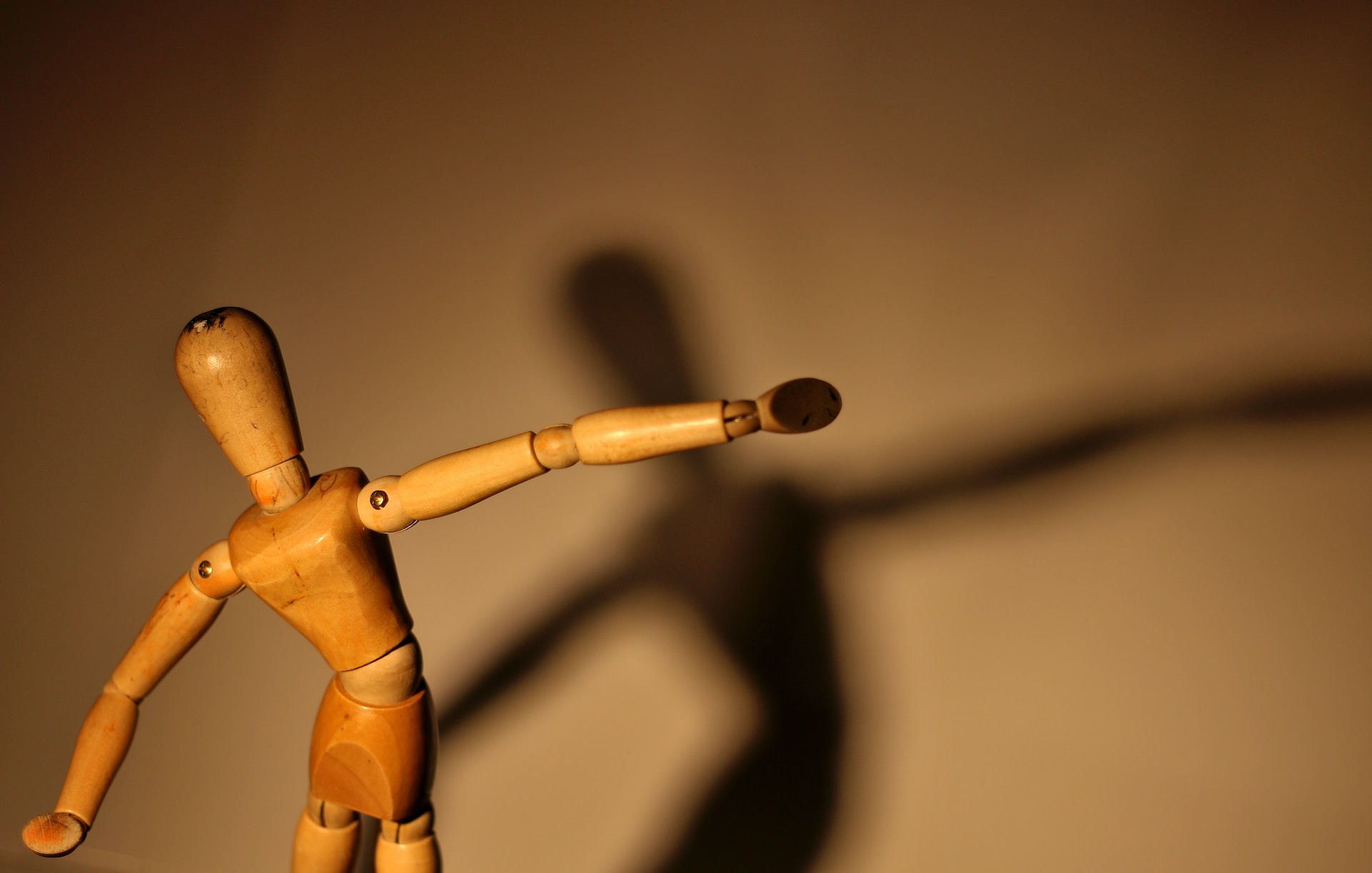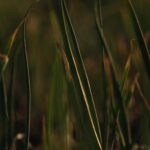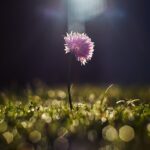by Nicole Yurcaba

It is not very often that I have the opportunity to meet the people whose books I have reviewed. However, in June 2022 I found myself meeting Margaret Wack at the Kenyon Review 2022 Summer Workshop. We happened to be in the same poetry workshop led by Dan Beachy-Quick, another fantastic poet whose work I have admired and reviewed for a number of years now. What immediately intrigued me about Margaret Wack’s poems she shared in our workshop were the careful linguistics and the deep philosophical considerations in her poems. In Margaret Wack’s The Body Problem, the poems’ speaker explores the spaces in between promise, desire, and ruin, and the poems possess a linguistic magnetism which lures in readers.
“Conditional Statements” is a beautiful testament to the frail statements we make to others which quickly dissipate once reality and time take their toll on a relationship. Filled with imagery which elevates nature and paints an Eden-esque scenario, the poem bears striking lines about the sacrifices inherent in relationships. Lines like “wild with wintering and circle the house three times / and eat the lamb that I have slaughtered for you” jar readers and add a splash of paganism to the poem. Other lines like “I will love you when you wake in the morning / smelling of wild peaches and ask me to swallow you” echo the intimate poems in Jay Rafferty’s Holy Things. The poem also features the best gothic sentiment ever:
I will love you when I am dead and my ghost
clutches at you like some bright shard,
I will haunt you for all of your days
and you will never know respite. I will love you.
These are lines of which even The Sisters of Mercy and The Wake can be jealous.
As one progresses through the collection, they will note that length is the collection’s mainstay. However, the length does not detract from the poems’ depth and philosophical attributes. In fact, the length often enhances them. “The Saint of Small Things, Weeping” is an example of this. It is a poem consisting of seven stanzas and 42 lines. The poem’s length combines with enjambment and eco-focused imagery to form a chaotic, emotional swirl which creates the poem’s momentum. It portrays an environment in which “Nobody feels the hole where the small things were,” and at this point it transitions into a metaphysical examination of the animals, birds, plants, and environments humanity might miss once they disappear. In this regard, the poem echoes eco-disaster sentiments expressed in collections such as Jared Beloff’s Who Will Cradle Your Head? and Beth Roberts’ Like You.
“After We Open the Gates of the City” follows the slightly gothic elements established in “Conditional Statements.” On one level, it reads like an homage to a failing or completely failed relationship. On another level, it reads like “The Saint of Small Things, Weeping” in that it contemplates humanity’s existence in correlation to nature and what humanity might miss when certain environments disappear. This duality shapes the poem’s philosophical prowess. However, an underlying sexual prowess also endures in the poem. The speaker notes how “you became bewitched suddenly / by dark hair and the bones of small / animals. The way I longed for you.” With its incorporation of biblical and pagan imagery, this poem, too, echoes “Conditional Statements.” Two stanzas distinctly carry this imagery particularly well:
the wells each morning to appease
the leering of the angels, we slaughter
the animals and leave the flesh to rot,
we wear the shrouds of the missing to confuse
the wandering ghosts. Who else did we expect
to go on living? After we open the gates of the city.
If one reads closely enough, they might hear and feel traces of poetic greats like Auden, especially in the clause “After we open the gates of the city.” This clause is a harbinger, a beckoning, a reflection that makes readers teeter towards the poem’s conclusion.
The Body Problem is an enchanting, mesmeric world of its own. Its poems adeptly balance the personal and the universal–a difficult technique for any poet to master. Its allusions to myth, philosophy, and basic instincts for survival and self-preservation remind readers of the timeless problems individuals and humanity face. Nonetheless, no matter the devastation these poems portray, they are ripe with the promise of a better self after one emerges from the ruins.
Nicole Yurcaba (Ukrainian: Нікола Юрцаба–Nikola Yurtsaba) is a Ukrainian (Hutsul/Lemko) American poet and essayist. Her poems and essays have appeared in The Atlanta Review, The Lindenwood Review, Whiskey Island, Raven Chronicles, West Trade Review, Appalachian Heritage, North of Oxford, and many other online and print journals. Nicole teaches poetry workshops for Southern New Hampshire University and is a guest book reviewer for Sage Cigarettes, Tupelo Quarterly, Colorado Review, and The Southern Review of Books.



Add your first comment to this post